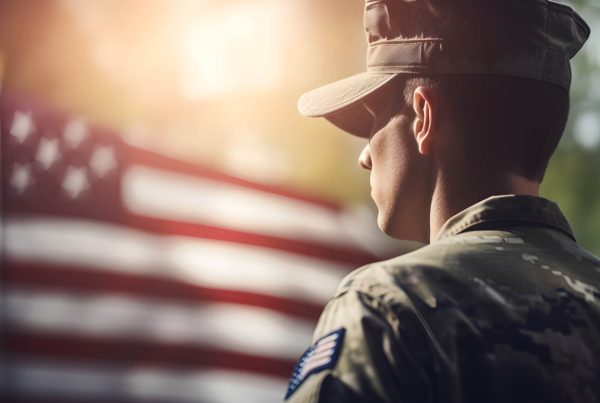Dental care has long been one of the most limited benefits available through the VA, with eligibility restricted to a narrow group of Veterans, such as those with service-connected dental disabilities, former prisoners of war, or Veterans enrolled in certain VA rehabilitation programs. For many Veterans, this has meant paying out-of-pocket for expensive private dental care or going without treatment altogether, which can lead to serious health complications. In 2025, however, the VA is rolling out expanded dental benefits that aim to address this gap and improve overall health outcomes for Veterans.
Studies consistently show that oral health is closely tied to overall well-being, with poor dental care linked to heart disease, diabetes, respiratory issues, and worsening mental health. For Veterans, many of whom already face complex health challenges, lack of access to dental care has been a persistent problem. Recognizing this, Congress and the VA have prioritized improving dental coverage as part of broader efforts to enhance Veteran health services.
The 2025 expansion includes several key updates. First, eligibility is being broadened to cover more categories of Veterans, particularly those with lower income levels who may not qualify for service-connected dental benefits. This change ensures that Veterans who may not have a dental disability directly tied to service can still receive preventive care. Second, the VA is increasing coverage for preventive services such as cleanings, fluoride treatments, and X-rays, with an emphasis on early detection to reduce long-term costs and improve quality of life.
Another major update is the introduction of VA Dental Insurance Program (VADIP) enhancements. VADIP, which previously offered reduced-cost dental insurance through private carriers, has been expanded in 2025 to provide deeper discounts, broader provider networks, and greater subsidies for Veterans with financial need. This means more affordable options for procedures like fillings, crowns, and dentures.
Tele-dentistry is also making waves in 2025. Just as telehealth transformed mental health and primary care services, the VA is now piloting virtual dental consultations. Veterans can connect with dental providers online for initial assessments, follow-up visits, or oral health education. While complex procedures still require in-person visits, this innovation saves time and reduces barriers, particularly for Veterans in rural areas.
Additionally, the VA is investing in partnerships with community dental providers. Through programs like the Veteran Community Care Network, Veterans can receive dental care outside of VA facilities when timely appointments are not available. This expansion ensures that Veterans are not left waiting months for urgent dental procedures, which can otherwise lead to severe pain or infections.
The long-term impact of these updates is significant. Expanding dental care not only improves oral health but also supports Veterans’ mental health, employability, and overall quality of life. Veterans with missing teeth, untreated gum disease, or chronic oral pain often report lower confidence, difficulty finding work, and social withdrawal. By expanding access to dental benefits, the VA is helping Veterans maintain dignity and independence.
For Veterans looking to take advantage of these updates in 2025, the first step is to check eligibility through the VA Health Benefits Enrollment system. Veterans Service Organizations (VSOs) and accredited representatives can also help with applications, ensuring that no benefit is overlooked. Those already enrolled in VADIP should review new plan options, as many carriers have updated coverage details under the expanded program.
In conclusion, the 2025 VA dental benefits expansion is a long-awaited improvement that directly addresses a major gap in Veteran healthcare. By broadening eligibility, increasing preventive care, enhancing insurance options, and embracing tele-dentistry, the VA is moving toward a more holistic approach to Veteran health. For the first time in years, many Veterans will have the opportunity to access the dental care they need and deserve.



